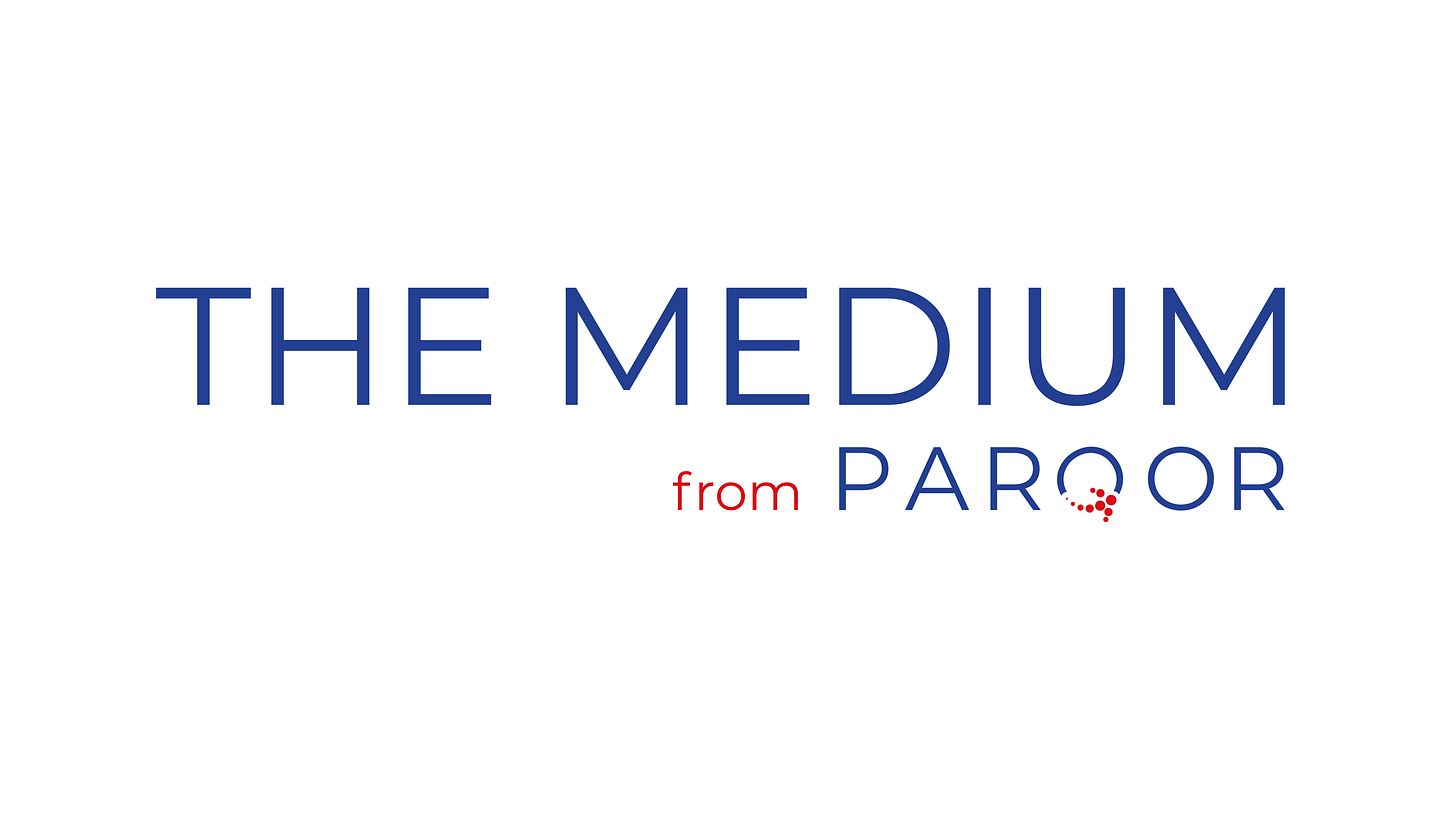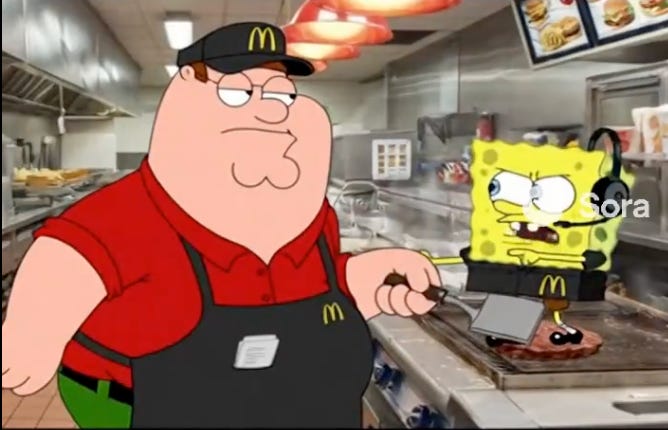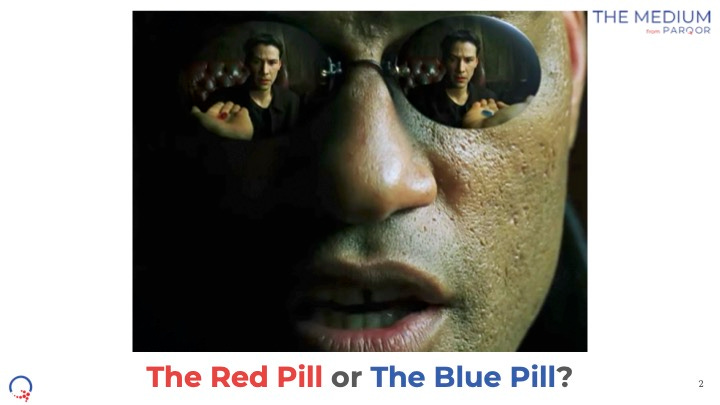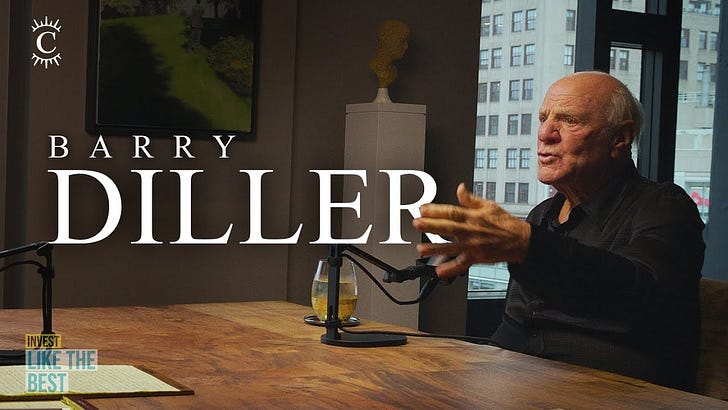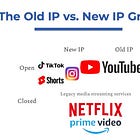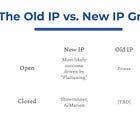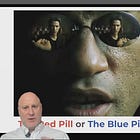OpenAI Just Changed the Game With Sora 2
Why People Inc. might need to partner with the pirates for new business models
An invite-only version of Sora 2—a smartphone app made by OpenAI that lets people create such videos entirely from artificial intelligence—emerged on Wednesday. Examples of videos featuring copyrighted material included E.T. (NBCUniversal) fighting TV alien ALF (owned by co-creator Paul Fusco), Family Guy’s Peter Griffin (Disney) chatting with Spongebob Squarepants (Paramount Skydance), or Rick & Morty (Warner Bros. Discovery).
Two New York Times writers who played with the app found that it is, “in effect, a social network in disguise; a clone of TikTok down to its user interface, algorithmic video suggestions and ability to follow and interact with friends.” Over the past 24 hours, I have watched various clips on X/Twitter, all stamped with “Sora” and its logo.
The burden is on copyright holders to opt out of having their work appear in the videos. Otherwise, Sora 2 is a closed ecosystem where copyright law is a legal and technological constraint on a case-by-case basis.
This scenario echoes what AiMation founder Tom Paton warned about—a “rogue outfit” of pirates in territories with lax IP laws using AI to create hundreds of thousands of scripts and movies with third-party intellectual property (IP). In that case, IP holders are at the mercy of many large language learning models (LLMs). With Sora 2, they are at the mercy of one of the largest in the world (OpenAI).
OpenAI’s message to copyright holders and media companies can be paraphrased using IAC Chairman Barry Diller’s proposal to his creative employees: “Invert your business or be inverted.”
A Red Pill vs. Blue Pill Moment
Like Diller or senior management of The New York Times, OpenAI is telling copyright holders that “if fragmentation [of the business] is inevitable and audiences love your content, why not do it yourself while the experts are still in-house?”


